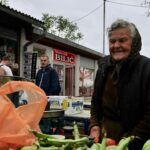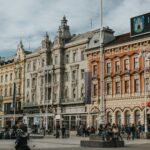An extraordinary tale of a property inheritance from the Manchester-born inventor of the torpedo, with a touch of The Sound of Music, and a very determined Croatian property lawyer. TCN meets Zagreb lawyer Kristina Mudrovcic on February 9, 2017 to learn more about restoring the property inhertiance of Robert Whitehead to its rightful heirs.
My relationship with Croatian property lawyers over the years has not been cheap. It is not that their fees have been expensive (although they were never cheap), it was more a case of the mistakes they made and the overall lack of professionalism left me with property with unclear title, and ones I was unable to sell.
I am not alone, and although the situation is MUCH better these days with a more regulated market, the reputation of Croatian property lawyers is at best a little mixed.
Which is why I found the story of the descendants of the man who invented the torpedo in Rijeka (Manchester-born Robert Whitehead) so intriguing, as I watched the quite brilliant documentary on Croatian national television by Silvana Mendusic recently.
An incredible story on so many levels (and sadly the documentary is no longer available on the Internet), and one in which I learned an awful lot. I knew that Croatia was the birthplace of the torpedo in Rijeka, and it had just celebrated its 150th anniversary, but I had no idea that a man from Manchester was responsible. Learn more about the genius of Robert Whitehead here.
Whitehead, whose family ended up marrying into the neighbouring Van Trapp family (the father of the family which inspired The Sound of Music) – the families were neighbours.
Years went by. Many years.
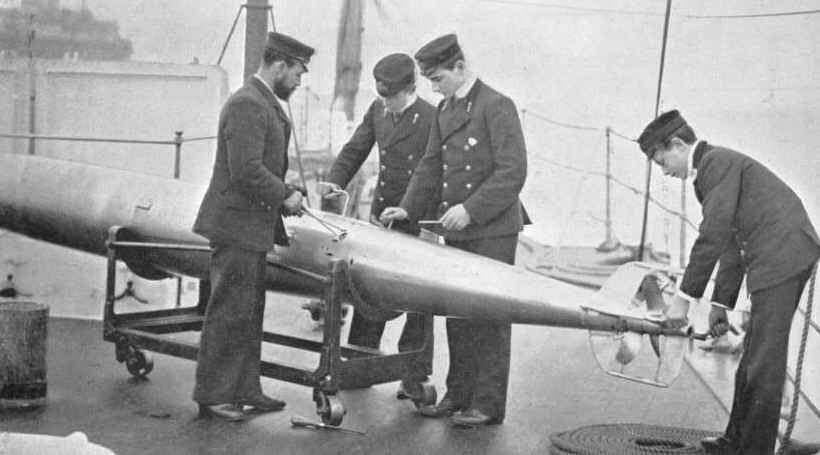
Croatia is full of empty and abandoned properties, some of their owners untraceable. With such largescale emigration, this is not surprising, and it has been one of the frustrations of foreign buyers looking to buy prime real estate (and also a different frustration to foreigners who did buy, and found they had long lost co-owners in Uruguay and Argentina post-sale…) that these properties were not for sale due to title.
And what happens to property owned by a man from Manchester who invented the torpedo? Who owns his properties now, 150 years later? Enter a dynamic Zagreb lawyer whose quick thinking anddetermination brought a welcome phone call to a couple in the Caribbean, who had never been to Croatia before, let alone knew that perhaps they were heirs to some property.
The rest of the story unfolds in our interview with lawyer Kristina Mudrovcic.
1. Can you explain how unclaimed inheritance works in Croatia, and why you as a busy lawyer decided to get involved in this case?
In a situation of unclaimed inheritance the so-called “call for a heir” is announced in the National Gazette ( Narodne Novine). If within the 6 months of the announcement no heir appears, the inheritance is assigned to the local community, i.e. to the City government in which area the property is located. Lawyers and people from similar professions are following these announcements in the National Gazette, but the general public does not. In some countries “a call for the heir” may be announced in the newspapers and it is a better solution to reach the heir. Unfortunately, Croatian law does not prescribe such an opportunity. The announcement is actually used just to fulfil the legal requirement.
I started this case within the cooperation with genealogical company- Historikerkanzlei from Vienna, as they have started to work in Croatia and asked me if I can provide them with some cases. So I was searching the National Gazette. I picked up the Whitehead case since I recognised family name and thought that could be something behind it.
2. Explain the process how you found the heir. How long did it take, and how long from your contact to him coming to Rijeka?
After I sent the basic details to the genealogical company, they found him quite quickly, as they are professional searchers. Peter Scheulen from Historikerkanzelei was leading the search together with Wollfy Krasic from Genealozi, its daughter company in Croatia. We started to work on the case in September 2013. Peter and Analia Whitehead came to Croatia in June 2014. That was the first time we met. Usually they would come to Europe once a year to meet their relatives in Austria, but never Croatia, and that time they also came to Pula to see the property and to meet me. They also went to Rijeka and visited the ex-Whitehead properties, including the former torpedo factory and Mausoleum.. That was a very special experience for Peter, since he lost the touch with all that was related him and his family with this area. I liked very much one sentence that he said; it is very important to come back and close the cycle.
3. Tell us a little about the paperwork involved.
It is a very complicated legal matter. Usually, when I am trying to explain such legal issues to foreign clients, first of all I try to make them understand our legal system and the fact that in the last century our country was five different countries I think. That also means different legal entities and social concepts and changes from private ownership to the public and back to private. All these changes had a great impact in our legal system, and we are still dealing with the consequences from that time. The Communist system as established after World War II treated ownership much more differently. At that time the land belonged to the community, property was nationalised. No person could have title on the land, just the right of use on it. It was also not usual to transfer titles on the property. For that reason we now have sometimes pretty confusing legal matters on the properties and collision of the laws that have been in force during the different legal systems. The Whitehead case is one of them.
Peter’s and Thomas’s grandfather Frank, who was the grandson of famous inventor Robert Whitehead was titled on the land in Pula. With the support of Historikerkanzelei, we submitted all relevant documentation to prove their right on inheritance and heir line. This for example includes the Family book that was delivered from the Archive in Salzburg, documentation from the Archive in Vienna, etc.
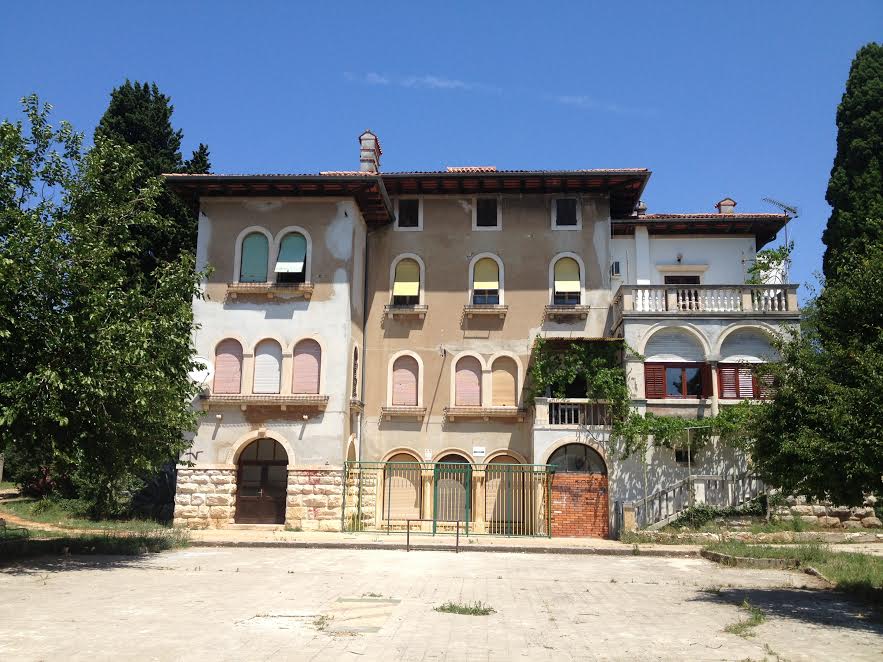
(The Von Trapp property)
4. Tell us about the property he inherited. What is its value approx?
Peter and his brother inherited land in Pula, Veruda. Veruda was a former military resort with residential villas of Austrian-Hungarian highest officers. The neighbouring parcel for example is Von Trupp’s villa, the captain from the film“ The Sound of Music”. The Whiteheads are titled on the land, but on that same land there are currently 2 apartment buildings, built in the period of the communist system. Co-owners of the apartments are possessors of the land and apartments, but they are not owners of the land. They also have title in the Land registry, but only related to the apartments. Within the transformation from public to private ownership system, the right of use was transferred into the right of ownership. Each person who had the right of use on such apartment for example, could transfer it into ownership by concluding the Purchase Agreement and paying a privileged price. Such agreements were registered into especial evidence, the so-called “Book of the Agreements”. So now we have parallel evidence, and those two sources of evidences are to be united as one Registry book. Within this process we will resolve the title. Estimation of the land value is not done jet, this is something that we will do in the next steps.
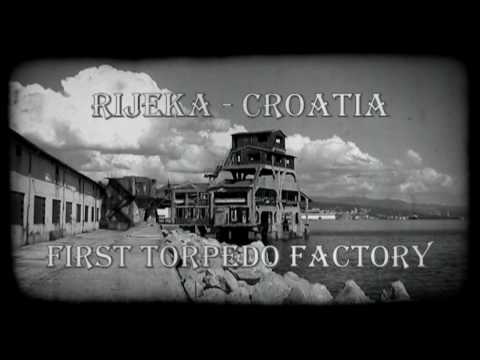
5. How many similar cases do you estimate are there, with people losing the rights to inherited property they know nothing about?
It is hard to tell, but I think it happened very frequently. As we also had great migrations, there is still a lot of property with unclear title. Also it happened very often that some relatives or neighbours would use such property and afterwards in front of the court claim rights on it.
6. Croatian property lawyers have not had the best reputation in recent years, and your approach her has been VERY proactive. Is this the first time you have done something like this? Why did you decide on this particular case?
First of all I am very sad to hear that property lawyers have such a bad reputation. I hope that soon such a perception will change. When I started this legal practice, I was working on projects related to investments in real estates. This includes checking the papers, regulation plans, legal preparations for construction, etc. To carry out such projects it is also necessary to have the clean title.
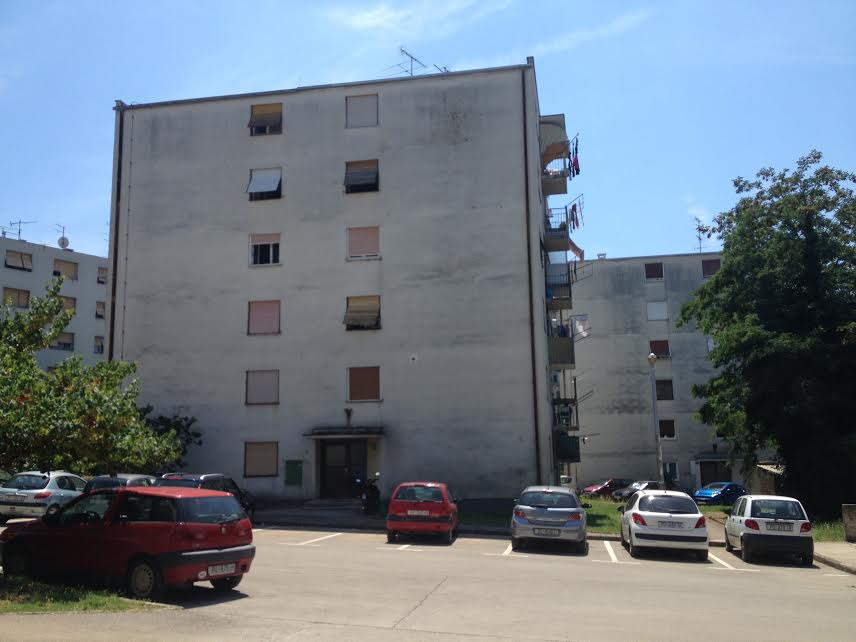
(The Whitehead land, complete with apartments owner by others)
Whitehead was a test case for my cooperation with the genealogical company. As I had experience in resolving legal issues related to the property title, I accepted to work on it. It is definitely a great challenge, and I appreciate the opportunity to work on such a case. Although it is a very demanding case, considering the story about Whitehead family as a part of our history, in some manner this case overcomes the law. I have also noticed that very few people, excluding maybe those in the Rijeka area, know about Robert Whitehead and his activity in Rijeka.
I am also very content that this case was a great story for Silvanas Menđušić documentary “Housing problem”. The idea on it was born in a small cottage, a Snowboard club on the top of the mountain over Zagreb where I met cameraman Ivan. He told me he was on the documentary shooting, and what it was about and I told him: I have a story for you. Peter and Analia came from the Bahamas to spend some days in Croatia just for that purpose. It was very interesting to see how different people, from different parts of the world matched together in a very beautiful way. It was a great experience and I am happy to be a part of it.
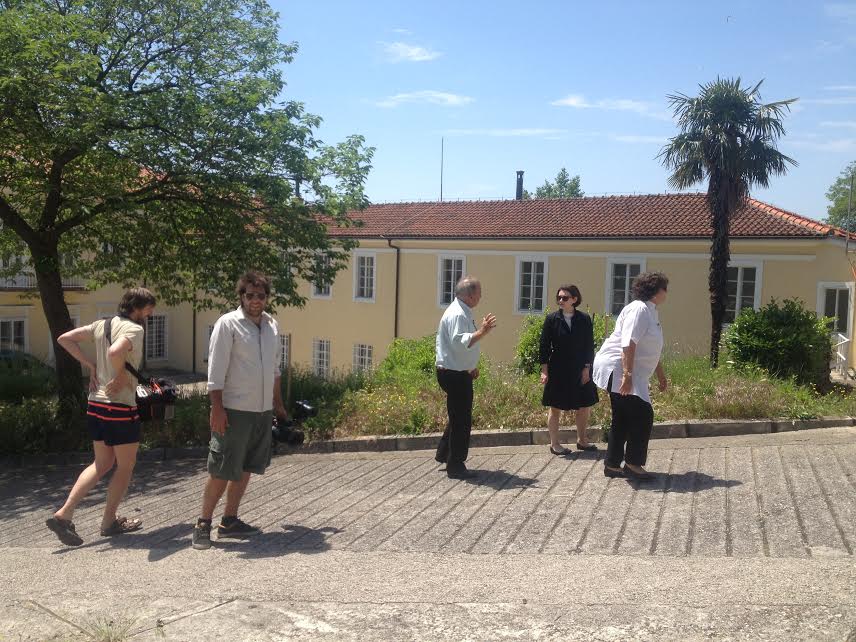
(Filming the documentary)
7. With the large amount of emigration from Croatia in the last 150 years, many descendents of emigrants have claims to property in Croatia that may not know much about. Can you help them, and what is the minimum information you need to get started?
At first it is necessary to know location and identify the property. We have cadastral evidence and land registry evidence and often data in those evidences are not corresponding. Each case is different, but in general it includes an inheritance procedure, which is easier and the simplest manner to claim the title, or court dispute, which may last for years. I usually present to the clients what they can expect or not expect and together we decide on a best option.
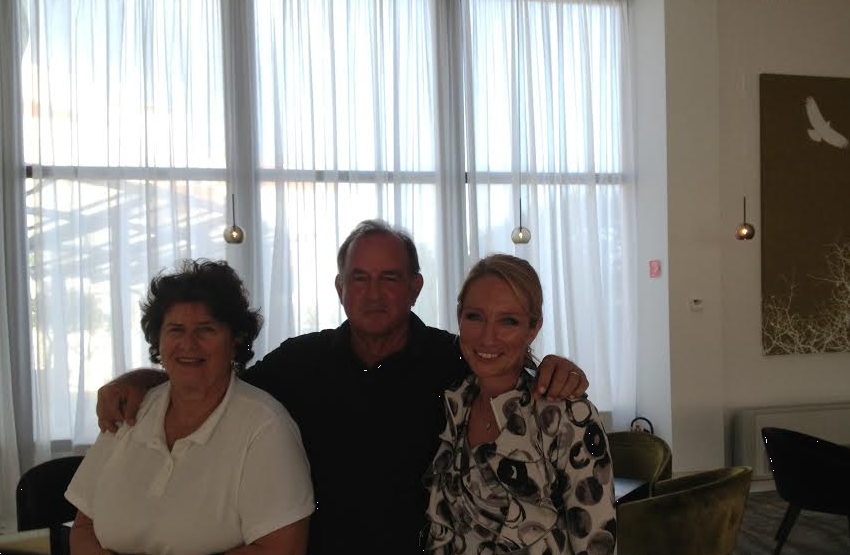
(The heirs with their energetic lawyer, Kristina Mudrovcic, right)





